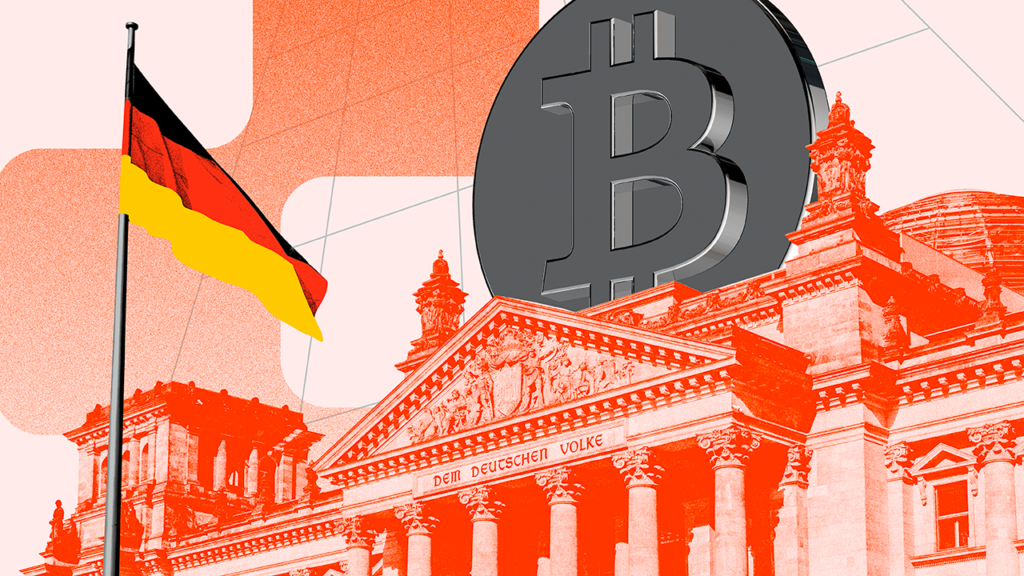The German government has been making significant Bitcoin transfers recently, with another 700 BTC, worth $40.47 million, sent to the ‘139PoP’ address this past weekend. This follows a trend that began last month when the government started transferring Bitcoin to exchanges like Coinbase, Bitstamp, and Kraken. These transfers come after the seizure of 50,000 BTC from the film piracy site Movie2k earlier in the year. The government has been reducing its holdings, currently standing at 39,826 BTC, valued at around $2.3 billion.
Joana Cotar, a member of the German Bundestag, has criticized the government’s selling activity, urging them to develop a comprehensive Bitcoin strategy instead. She believes that Bitcoin offers an opportunity to diversify assets and hedge against inflation and currency devaluation. Despite this criticism, TRON founder Justin Sun offered to purchase the German government’s BTC holding to reduce its market impact. However, CryptoQuant CEO Ki Young Ju argues that government selling activities have had minimal impact on BTC prices, accounting for only 4% of the total cumulative realized value since 2023.
Governments, including the US, Germany, the United Kingdom, and El Salvador, hold substantial amounts of Bitcoin, totaling approximately $18 billion according to data from Arkham. These governments have been accumulating Bitcoin as part of their strategic reserves. The German government’s continuous selling of Bitcoin has sparked a debate on the best approach to managing cryptocurrency holdings. While some argue in favor of selling to reduce market impact, others point to the potential benefits of holding Bitcoin as a strategic reserve currency.
As the government continues its Bitcoin transfers, reports suggest that there may be a potential intention to sell the assets, as the unlabeled address they are sending to could belong to an institution or an over-the-counter service provider. The government’s interaction with this address is not new, with more than 1,200 BTC sent in the last three days alone. While the selling activity has drawn criticism, it remains to be seen how the government will manage its Bitcoin holdings in the future and whether they will consider alternative strategies, such as holding Bitcoin as a strategic reserve currency.

